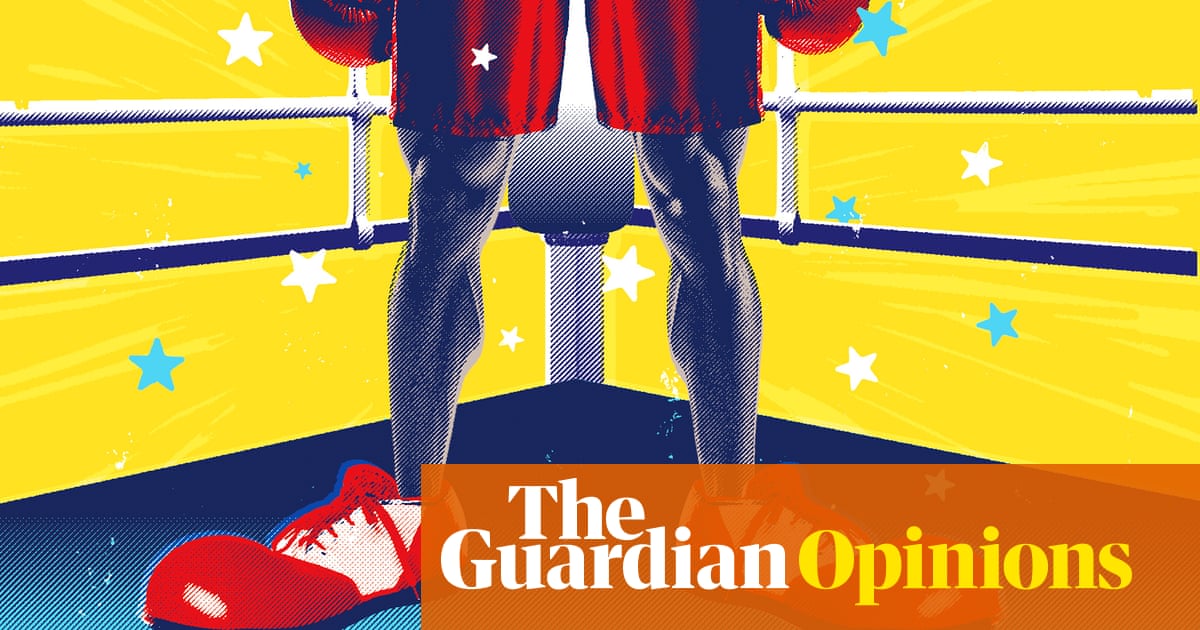Over Christmas, two articles were released that felt like harbingers – if not full-on sirens – for the direction of travel of popular culture. There was Will Tavlin’s piece for n+1 about Netflix’s less-than-stellar film output, which was briefly touched on in last week’s newsletter. And in Harpers magazine, there was an extract from music journalist Liz Pelly’s new book on Spotify. It focuses on the streamer’s Perfect Fit Content (PFC) programme, which pays production companies to create cheap, generic music by “ghost artists” in order, Pelly alleges, to populate Spotify’s playlists and reduce royalty payouts to real artists. (In Pelly’s book Spotify acknowledges the existence of the Perfect Fit Content programme but denies that it is trying to increase the share of streams of Perfect Fit Content.) Both are eye-opening reads, depicting the two companies as industry disruptors with little or no care for the thing they’re disrupting, and making their respective industries worse in the process.
But if Netflix and Spotify are cast as the villains of these stories, it is clear that we, the consumers, have a degree of complicity. Both streamers are, after all, simply adapting to, and profiting from, our viewing and listening habits. Two striking details from those articles underline this. Tavlin, in his piece, claims that screenwriters for Netflix movies are being asked by execs to include scenes where characters “announce what they’re doing so that viewers who have this program on in the background can follow along”. Meanwhile, Pelly notes in her piece that Spotify’s “internal research showed that many users were not coming to the platform to listen to specific artists or albums; they just needed something to serve as a soundtrack for their days, like a study playlist or maybe a dinner soundtrack … listeners often weren’t even aware of what song or artist they were hearing.”
If this sense of entertainment being something to pay half attention to while getting on with other, more significant things sounds dispiriting, it’s hardly unprecedented. Such ideas were baked into radio from its earliest days, with the BBC’s Music While You Work serving up light arrangements of popular music standards to boost the morale of factory workers during the second world war. And daytime TV has a long, proud history of chuntering away in the background while housewives or husbands rattle through menial tasks (while researching this piece I discovered a 1996 Guardian article titled The Importance of Ironing to Television). In some cases this TV background babble might even be cast as a social good, offering the sensation of companionship and comfort in an empty house. In that setting, it doesn’t matter what’s being said, it just matters that it’s on.

What feels different about Netflix and Spotify’s alleged approaches though is that they pander to our distracted, half-attentive states rather than try to jolt us out of them. After all, even the cheesiest song on an easy listening radio station is still intended to rise to the foreground, to stir something in the listener, to distract them from whatever they are doing. Not so with Spotify’s Perfect Fit tracks, which like lift music before them, are intended to be as inconspicuous as possible. Likewise, the corniest of daytime soaps is still being made under some assumption that viewers are paying attention to it – or if they’re not, it’s the soap’s job to grab hold of that attention and not let go of it. But that becomes less necessary when your show is simply designed to be part of a rolling churn of autoplayed content. As Pelly notes: “a model in which the imperative is simply to keep listeners around, whether they’re paying attention or not, distorts our very understanding of music’s purpose” – a point that might just as easily be made about Netflix as well.
It’s hard to imagine things getting any better with the advent of AI – which soon will be capable, if it isn’t already, of churning out nondescript tracks, or scripts with plot summaries shoehorned in at algorithmically determined intervals. If there’s room for optimism it’s in the fact that so much of the biggest and best popular culture of the moment demands your full attention. Netflix’s biggest show ever, Squid Games, is a Korean drama that the vast majority of its audience watches with subtitles – hardly conducive to distracted half viewing. Triumphant in the TV categories at Sunday’s Golden Globes was Shōgun (Anna Sawai, above, won best female actor in a TV show among the series’ other awards), another subtitled show, and one with a complex plot to boot. To top it all, next week brings the much-anticipated return of Severance, a drama that demands you pore over every last shot. And while, Pelly alleges, Spotify’s Perfect Fit content dominates playlists that prioritise ambient or modern classical, other non-instrumental genres and sounds are unlikely to be as shamelessly replicable (I’d like to see them have a go at ripping off, say, Geordie Greep).
As ever, the antidote to these dire dystopian developments lies with the artists: if they keep making singular, engrossing stuff, there will always be an audience to lap it up – and not while doing the ironing.
after newsletter promotion
If you want to read the complete version of this newsletter please subscribe to receive The Guide in your inbox every Friday

.png) 3 months ago
34
3 months ago
34













































